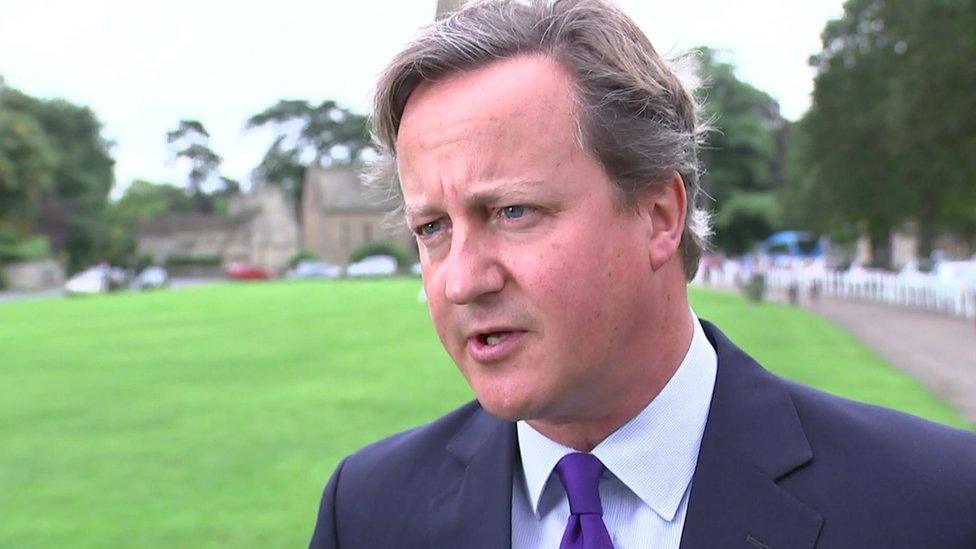Cameron quits as MP: What other ex-prime ministers did next
- Published
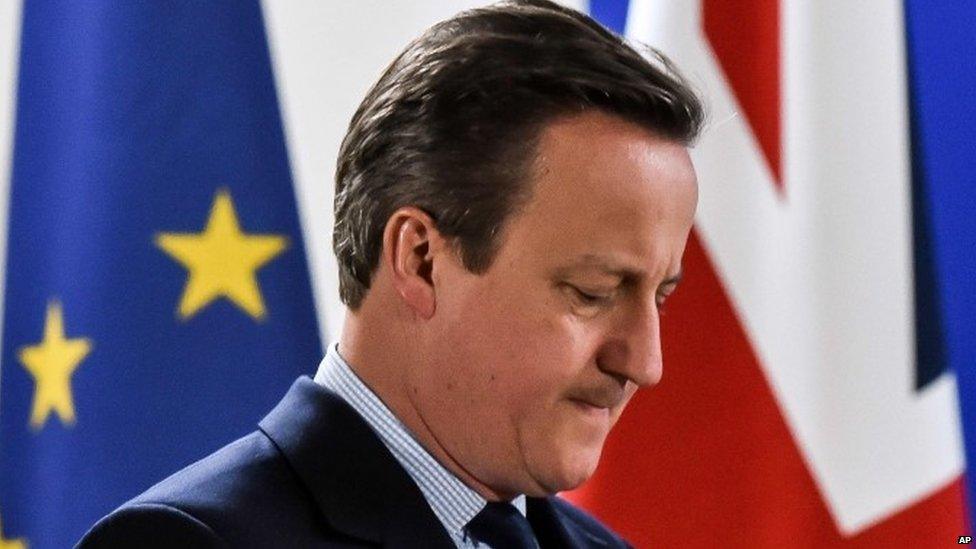
David Cameron has announced that he is to step down as MP for Witney and leave frontline politics, less than two months after quitting as prime minister.
Mr Cameron said he did not believe he could continue as a backbencher without being an "enormous distraction and diversion" to his successor Theresa May.
The 49-year old, who was first elected to Parliament in 2001 and was PM for six years, has said he wants to continue in public service and campaign on the domestic and international causes that he championed in Downing Street.
But what can he learn from his predecessors and what they did after leaving office?

Gordon Brown
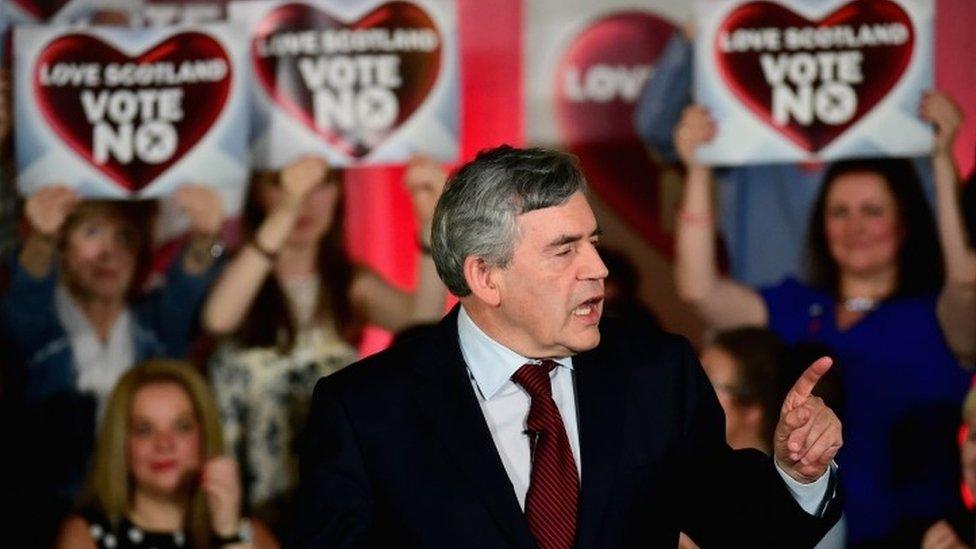
After being forced to resign following the 2010 election, Mr Brown remained in the Commons for the next five years as MP for Kirkcaldy and Cowdenbeath.
His appearances in the Chamber were relatively rare, generally confined to non-controversial constituency matters.
However, he did make memorable, emotional speeches during a debate on phone-hacking and the Commons tribute to Nelson Mandela.
But it was outside Parliament that he really made his influence felt, proving a pivotal figure during the 2014 Scottish independence referendum.
With the polls suggesting Scotland could vote to leave the UK, it was his intervention that led to a promise of further devolution to Holyrood by David Cameron - the famous "vow" of new powers which is credited by many for securing a No vote.
But his attempt to repeat the trick two years later and turn around the faltering pro-EU campaign - he appeared alongside Mr Cameron at his final rally - proved unsuccessful.
Beyond these shores, Mr Brown has travelled widely as the UN's special envoy for global education and taken on roles with the World Economic Forum and New York University, while he and his wife have supported a number of causes in the developing world.

Tony Blair
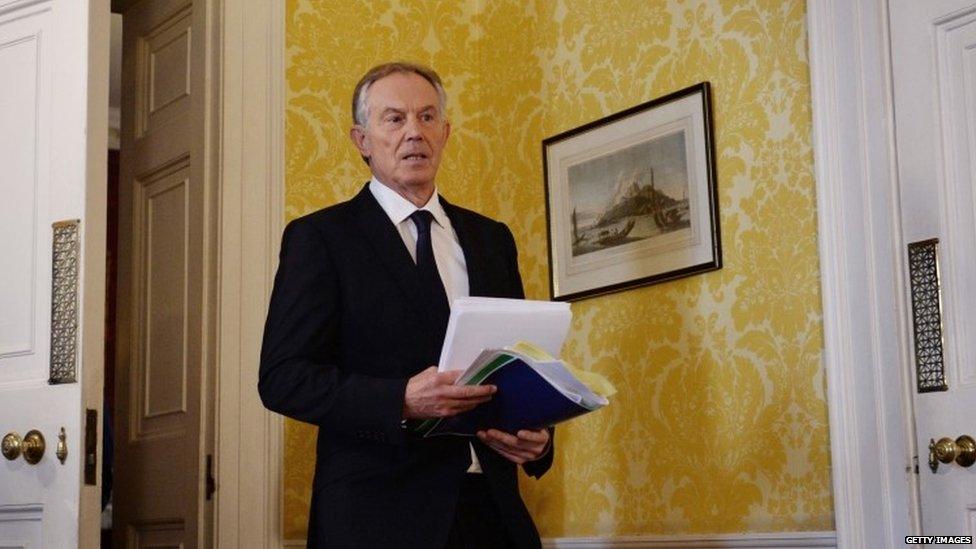
Mr Blair quit as MP for Sedgefield on the day that he stood down as prime minister in 2007 and has seldom been seen in Westminster over the past decade.
That is not say that the Labour politician has been out of the public eye, of course.
His two appearances before the Chilcot inquiry into the Iraq War in 2010 and 2011, in which he defended his decision to take the country to war, were among the most dramatic moments in recent political history.
Like Mr Cameron, Mr Blair was - at 54 - relatively young when leaving No 10 and his post-prime ministerial career has been more controversial than most.
Although the extent of the lobbying, lecturing and consultancy work he has been involved in through umbrella group Tony Blair Associates has never been totally clear, it has certainly been highly lucrative.
It has been reported that he has made millions advising a variety of foreign governments and was said to have been paid £2m a year to advise JP Morgan.
For nearly eight years, he served as the Quartet's Special Envoy to the Middle East where, despite enjoying the support of the US, EU, Russia and the UN, limited progress was made and his own involvement in the Iraq War remained a constant thorn in his side.
Mr Blair has used the goodwill and respect he enjoys in the US and elsewhere to pursue issues close to his heart - notably the fight against Islamist extremism and pleas for tolerance - through his Faith Foundation and the Centre of Religion and Geopolitics.

Sir John Major
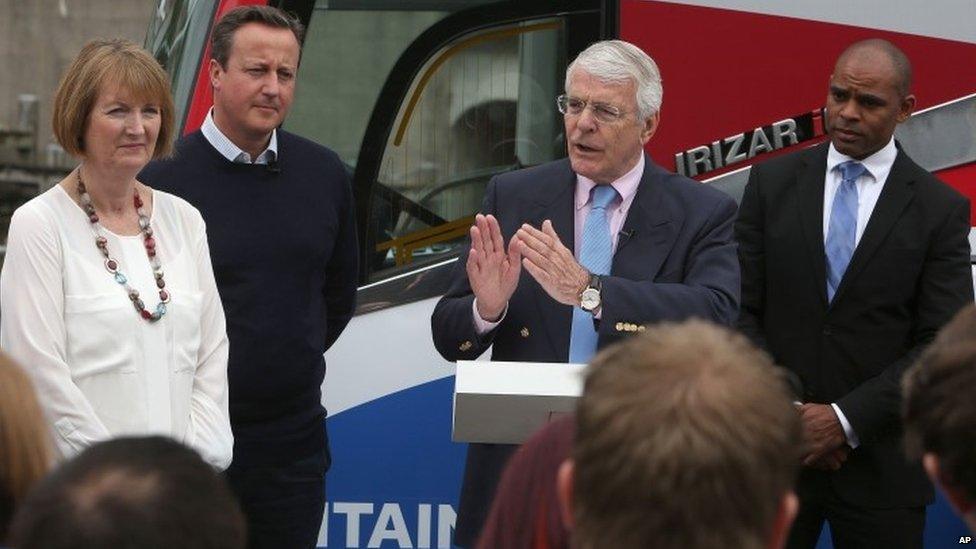
The former Conservative prime minister famously went to The Oval on the day that he left Downing Street to watch cricket - a passion that he has kept up ever since.
He has kept a low profile politically over the intervening years, focusing instead on business - he was European chair of private equity firm Carlyle Group - and writing.
Aside from his memoirs, he has written a number of books on cricket and a well-received reflection on his father's life as a music hall artist.
He remained as an MP for four years after leaving office in 1997 but, despite being knighted, did not follow his predecessor Margaret Thatcher and other ex-PMs such as James Callaghan and Harold Wilson into the House of Lords.
While it was always rumoured that his occasional interventions in domestic politics were at the behest of Conservative leaders when they were in trouble, his appearance alongside David Cameron during the EU referendum did little to help his cause.

Margaret Thatcher
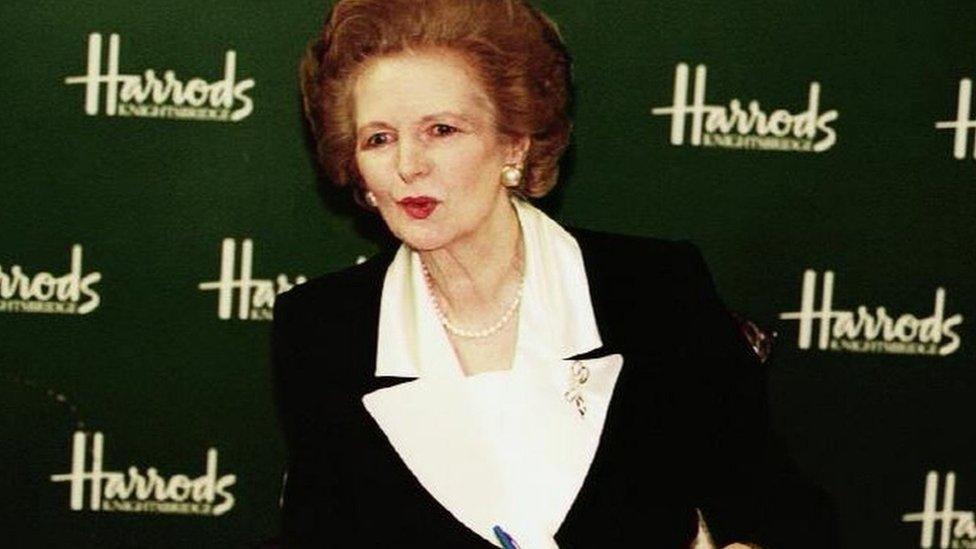
Margaret Thatcher was the longest-serving prime minister since World War Two but her life after Downing Street was, it is widely accepted, not a particularly happy one.
After towering over domestic politics for the best part of a decade, the Conservative prime minister struggled to come to terms with her abrupt removal from office and in her later years suffered increasingly from ill health prior to her death in 2013.
Despite leaving the Commons at the 1992 election and accepting a peerage, she had a testy relationship with her successor John Major.
Her claim at one point that she made a "very good backseat driver" seemed to symbolise her difficulty in letting go and Sir John's struggle to break free from her legacy.
After the Conservatives lost power in 1997, Mrs Thatcher had a better relationship with future Tory leaders who drew on her for advice and she was warmly welcomed to Downing Street by Tony Blair and Gordon Brown, who also turned to her on occasions.
During her retirement, Mrs Thatcher - who was 65 when she left office - also travelled widely and supported a number of charitable causes.

Edward Heath
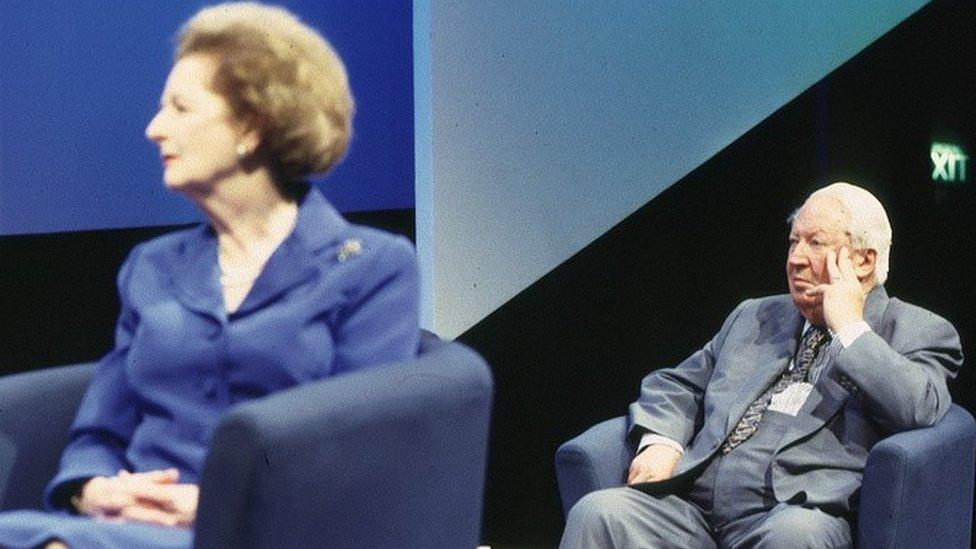
Ted Heath's life after Downing Street was perhaps the most remarkable of any prime minister in the past 50 years.
The Tory politician set a record by remaining in the House of Commons for 27 years after losing power, becoming the Father of the House before retiring in 2001.
But he was often a glowering presence during the Thatcher years, seemingly unreconciled to the direction in which his successor was taking the party.
He famously reacted to her downfall in 1990 by repeating the words "rejoice, rejoice, rejoice" she had used herself outside Downing Street during the Falklands conflict.
Outside of politics, he immersed himself in his twin loves of music and sailing and developed strong - if at times controversial - business links with China.
He also maintained a profile on the international stage, although his meeting with Saddam Hussein in 1990 - when he tried to persuade the Iraqi dictator to release British hostages in the run-up to the Gulf War - was criticised.

Selected others
James Callaghan stayed on as Labour leader for more than a year after quitting as PM in 1979 and enjoyed a long retirement, living to the age of 93.
Harold Wilson hosted his own chat show, among other things, after his surprise resignation in 1976 but his later years were also plagued by ill health.
Sir Alec Douglas-Home famously became foreign secretary in 1970, six years after leaving Downing Street, an option which now seems to be closed to Mr Cameron.
Winston Churchill remained as an MP for nine years after leaving Downing Street for the last time in 1955. As well as travelling and painting, he produced the acclaimed four-volume work A History of the English-Speaking Peoples.
- Published12 September 2016
